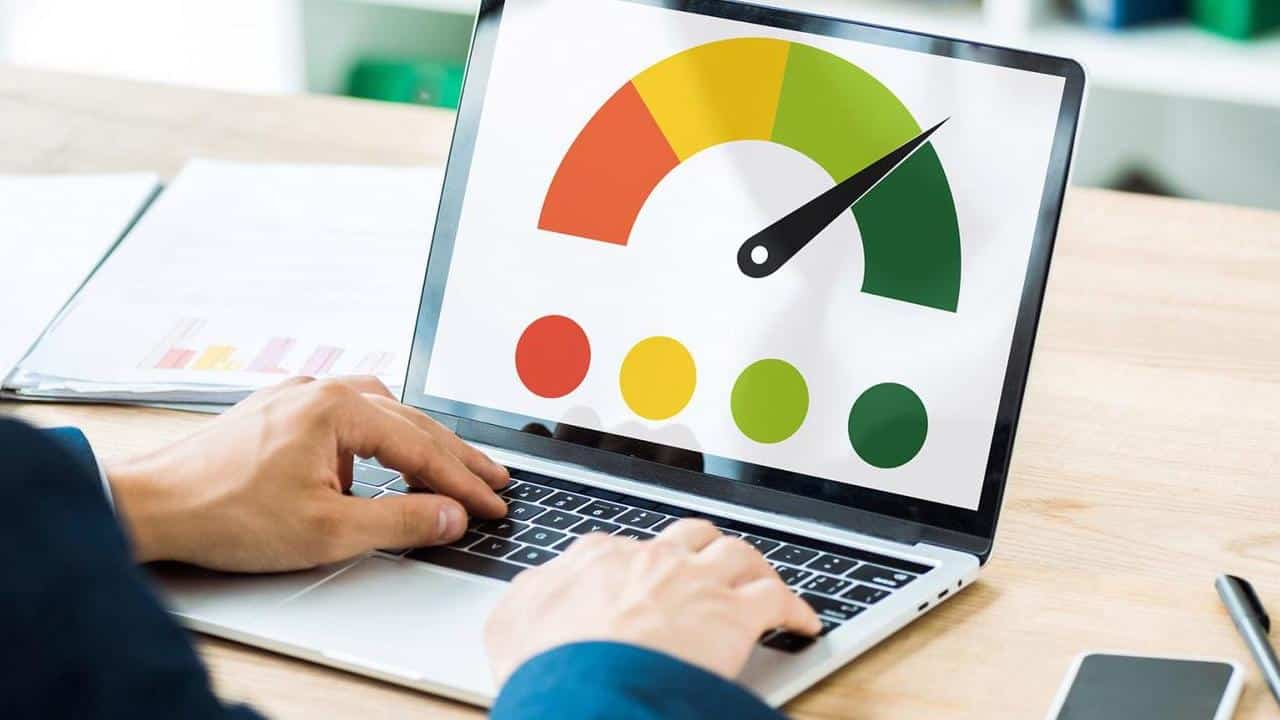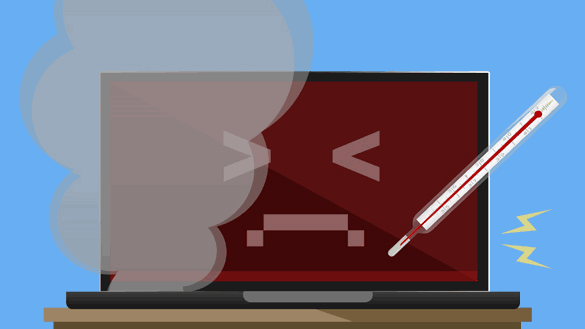1. Trim Running Software
Every software running on your machine consumes resources, affecting overall speed. Use Task Manager to identify and disable unnecessary startup apps. This simple step can significantly enhance performance.
Common culprits that take forever to start are antivirus programs, software updaters, file sync tools like DropBox and Google Drive, and various software like Steam and Spotify. Just disable whatever you don’t use.
2. Scan for Malware
Even with preventive measures, malware can still affect your system’s speed. Conduct a thorough anti-malware scan to ensure your machine is clean and secure.
3. Allow Anti-Malware Tools to Work
Anti-malware tools often perform scans during login, impacting initial speed. Be patient and let the scan complete, or schedule it during idle hours. Consider exploring alternative security solutions for a tailored approach.
We frequently see people using several antivirus solutions, thinking it will make them safer. It doesn’t, but it definitely slows your system down.
4. Disable Search Indexer
While the search index boosts performance when searching for files, it can slow your system down, especially if your computer is old. You can disable it via Computer Management > Services to potentially speed up your system.
5. Optimize Power Settings
Some laptops allow you to choose the power mode. It’s usually set to Balanced to provide decent performance and conserve the battery life.
Adjust your computer’s power mode to “Best performance” for a speed boost. This setting, found in the Power options, can improve responsiveness, but will result in lower battery runtime.
6. Simplify Tasks
Running multiple programs and tabs simultaneously can overwhelm your computer. It’s even worse for your brain, actually. Close unnecessary programs and focus on one or a few tasks at a time for optimal performance.
7. Consider Internet Upgrade
Slow internet can make your computer seem sluggish. If your work involves heavy internet usage, upgrading your internet service might provide a noticeable speed improvement.
Cable connections are always faster than even the fanciest Wi-Fi routers. NBN connections are usually faster and more reliable than 4G and 5G plans.
8. Boost RAM
Adding more RAM can significantly enhance your system’s multitasking capabilities. If your machine allows, consider upgrading the RAM for smoother performance.
9. Upgrade to an SSD
Upgrading to a Solid-State Drive (SSD) can notably improve overall system speed, particularly during boot-up and launching programs. Even if your computer already has an SSD (most made in the last five years do), it could be a slower model that is close to its end of life. Replacing it can make a huge difference in performance.
10. Regular Reboots
Rebooting your machine daily ensures a clean slate, preventing sluggishness caused by prolonged uptime. It also allows the OS to catch up with the updates, making sure your computer is always up to date and won’t need a huge update requiring a restart when you need it for your work presentation!
Conclusion
Most of these tips can be done by you without any technical knowledge. Not sure what else you can do? Talk to us! We can upgrade your computer or recommend a suitable replacement and transfer your data onto another computer.







